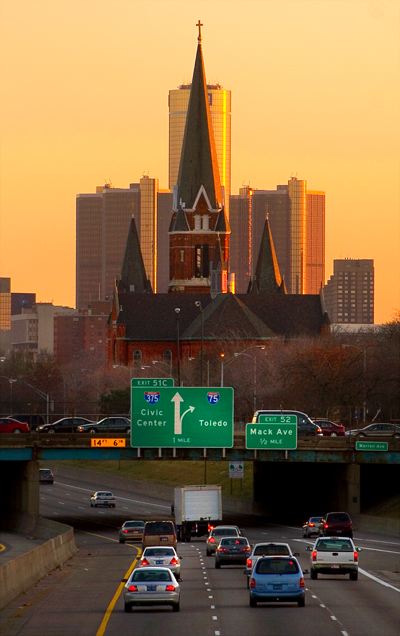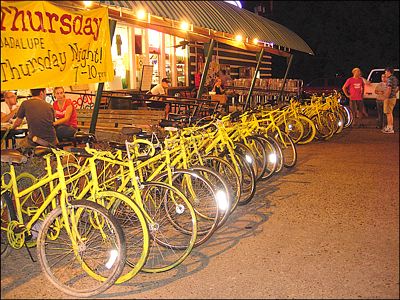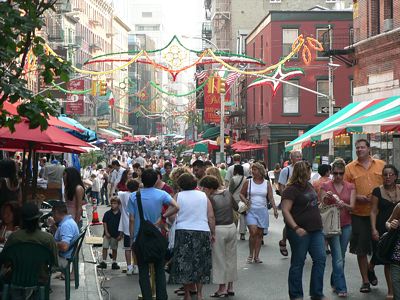Yesterday was Earth Day, so it seems appropriate to talk about global warming, which is supposed to be the earth’s biggest environmental problem. I remain an agnostic about global warming for two reasons.
First, I don’t trust computer models such as the ones used to predict how much the earth is supposedly going to warm in the next century. I’ve seen too many models designed to confirm preconceived notions for me to find any of them believable.
Freeman Dyson, generally regarded as one of the world’s smartest men, feels much the same way. “I have studied their climate models and know what they can do,” says Dyson. “The models solve the equations of fluid dynamics and do a very good job of describing the fluid motions of the atmosphere and the oceans. They do a very poor job of describing the clouds, the dust, the chemistry and the biology of fields, farms and forests. They do not begin to describe the real world that we live in.”










